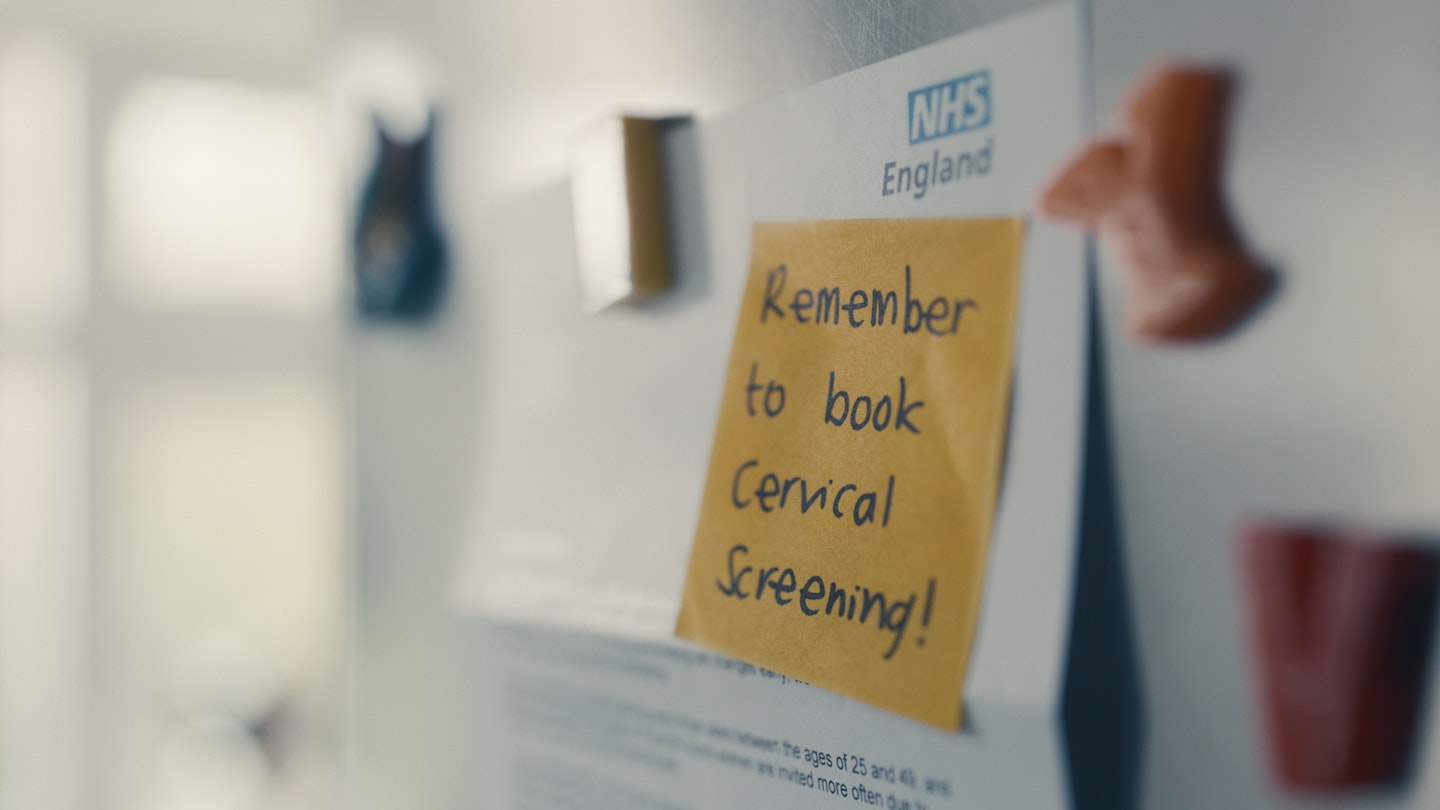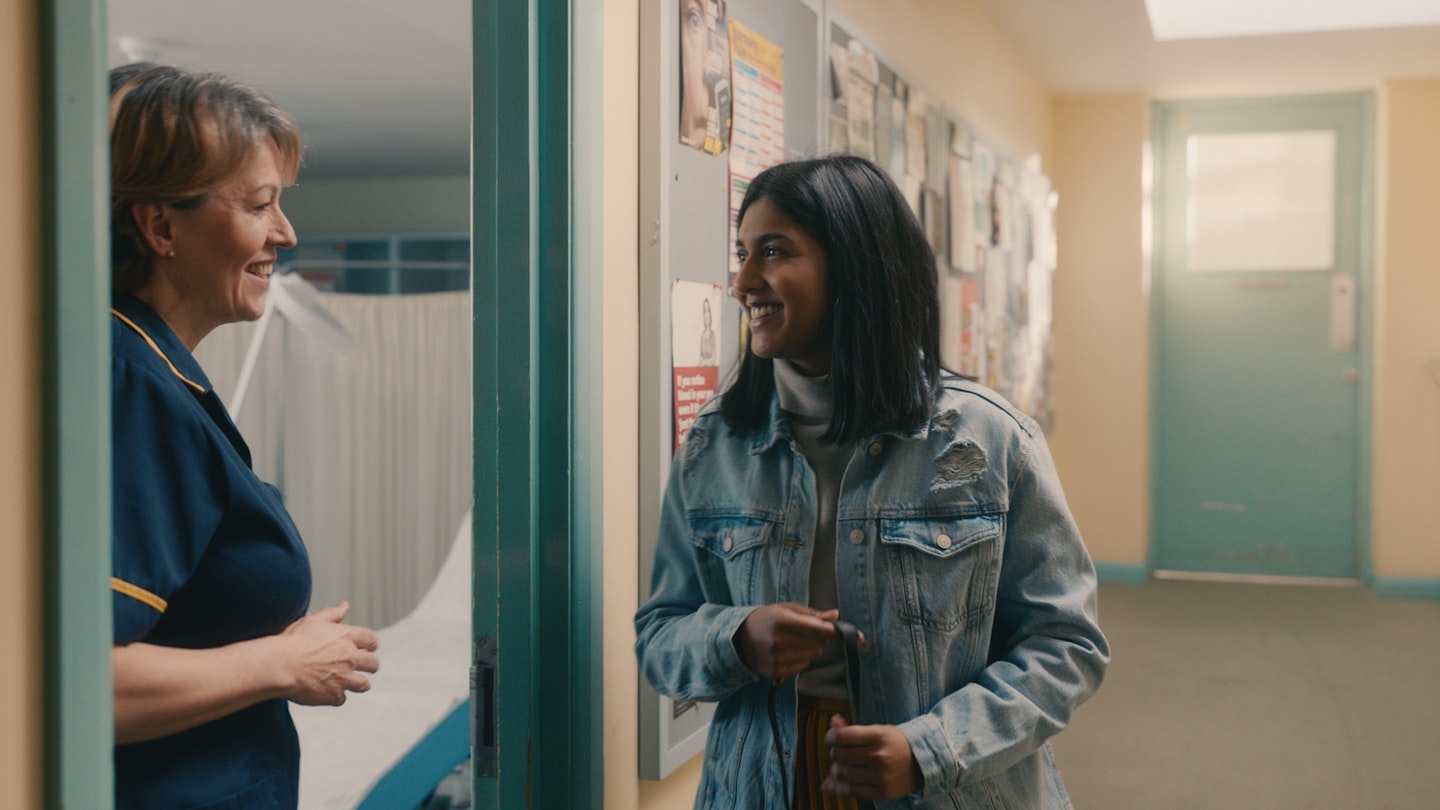You might be surprised to learn that the number of women attending cervical screenings has fallen to a 20-year low, with one in four eligible women (those aged 25 – 64) in the UK not attending their test.
We know, that's a pretty shocking statistic, right? Especially when you take into consideration that 2,600 women are diagnosed with cervical cancer in England each year, and around 690 women die from the disease - that’s two every day.
Regular screenings (which only take a few minutes) can help stop cervical cancer before it starts, as the test checks the health of your cervix and identifies potentially harmful cells before they become cancerous and ensures women get the right treatment as soon as possible.
By missing these screenings, millions of women around the UK are missing out on a potentially life-saving test! Cervical cancer is one of the most preventable cancers, and it's estimated that if everyone attending screening regularly, 83% of cervical cancer cases could be prevented.

A number of celebrities have spoken out about the importance of cervical screenings, and TV presenter Christine Lampard is publicly backing Public Health England's new campaign. The mum-of-one said: “I can’t say I’m thrilled when my cervical screening invite is posted through my door but I know how important it is that I get tested. It’s an awkward five minutes that could save your life!"
"As a mother I will never ignore my screening invitation and when my daughter, Patsy, is old enough, I‘ll encourage her to attend her screenings too. As women we should talk positively about our bodies and the importance of cervical screening – it’s an important way to protect our health.”
Dr Dawn Harper comments "cervical screening is one of the most important things women can do to protect themselves from the risk of cervical cancer. Screening can stop cancer before it starts and saves thousands of lives every year.
“Some women are nervous or embarrassed about the test and put off having it done. While it’s not the most enjoyable experience most women say it wasn’t as bad as expected and were glad they did it.
"The tests are usually done at your GP surgery by female nurses who are trained to make women feel more comfortable and talk them through the process.
"I cannot stress how important it is not to ignore your screening letter – it’s a five-minute test that could be lifesaving."
